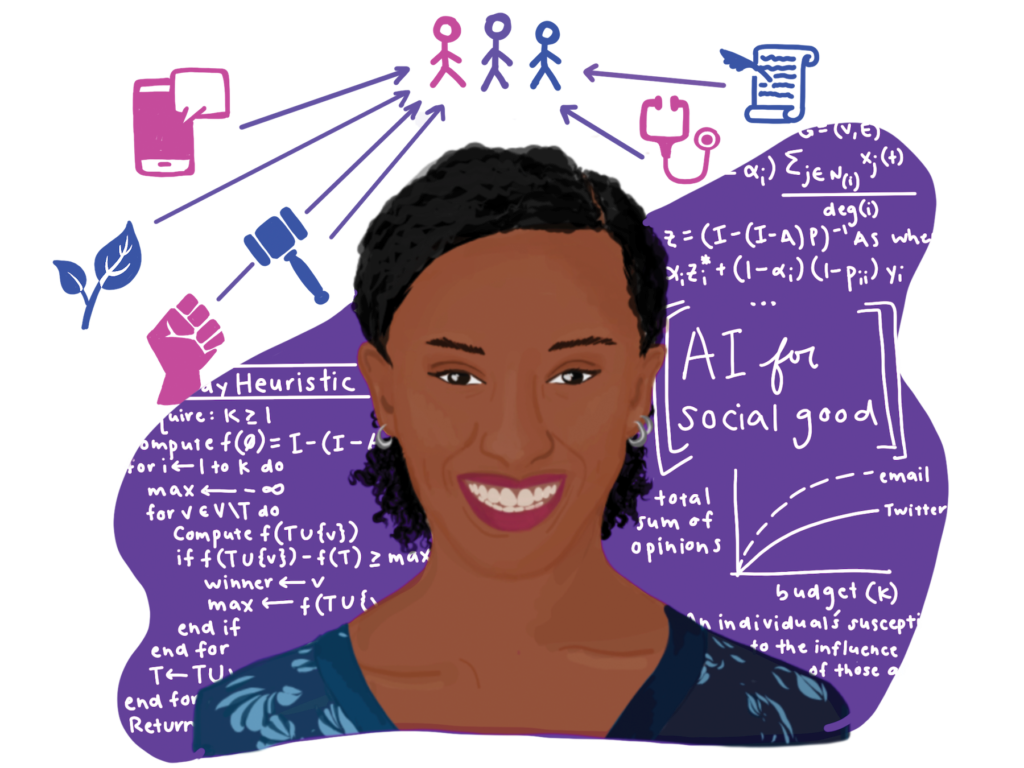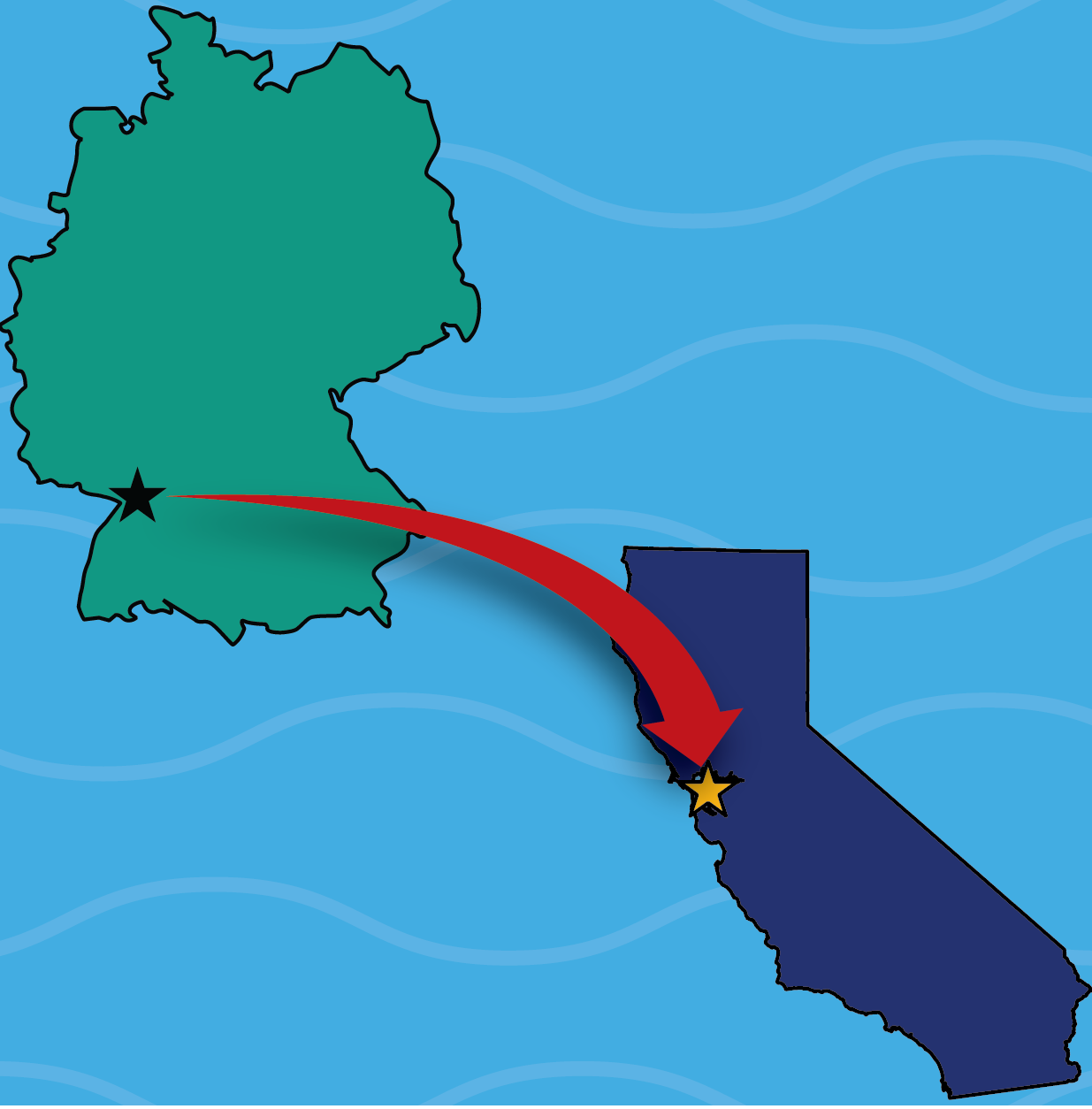Faculty profile: Rediet Abebe

"What we do here as computer scientists affects real people. Our work comes with a huge responsibility,” explains Rediet Abebe, an incoming assistant professor of computer science at UC Berkeley. Abebe tackles problems of social segregation and disparate access to health information—issues typically studied by sociologists, not computer scientists. Her work is interdisciplinary, and even extends beyond the boundaries of academia. “Sometimes we don’t realize we are entering a space already occupied by a community, who might have some expertise of their own,” she observes.
Abebe’s research is also deeply rooted in her own Ethiopian upbringing. “Within computer science, it’s not always the case that we embrace our backgrounds and lived experiences as a source of inspiration for our research,” says the native of Addis Ababa. “I’ve found that I am able to work on problems that are meaningful to me and my communities by recognizing the strength that can come from this.”
Abebe’s personal connection led her to co-found Mechanism Design for Social Good (MD4SG), a global community of scientists, NGOs, and community leaders researching the problems faced by marginalized communities from a computational lens. It began, she recalls, as a graduate student reading group. These days, MD4SG hosts a yearly conference with over a hundred presentations, and working groups formed of experts from different fields.
Together with an MD4SG working group, Abebe investigated the origins of poverty cycles and identified a contributing factor overlooked by many welfare models: disruptive shocks to a family’s expected income, such as parking tickets and healthcare bills. The result was a way to direct public assistance programs that accounts for a family’s susceptibility to such shocks. Abebe and her team are now working with Poverty Tracker, a study following over 2,000 low-income families in New York. They are analyzing how income shocks compound in the real world, and how the resulting snowball effect can be slowed down or even stopped.
Looking forward, Abebe is excited to continue this research on computational aspects of poverty and inequality alongside colleagues within computer science and in collaboration with the interdisciplinary research centers here at UC Berkeley.
Orr Paradise is a graduate student in Electrical Engineering and Computer Science.
This article is part of the Fall 2020 issue.




